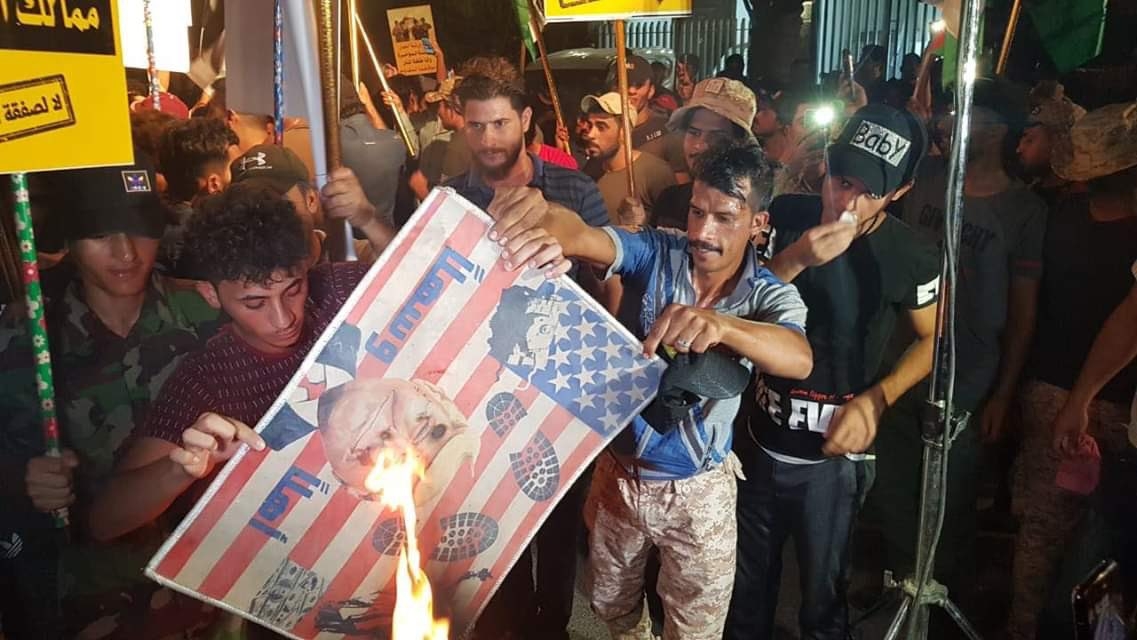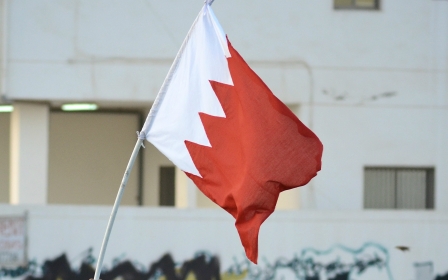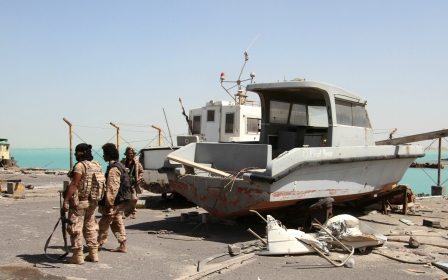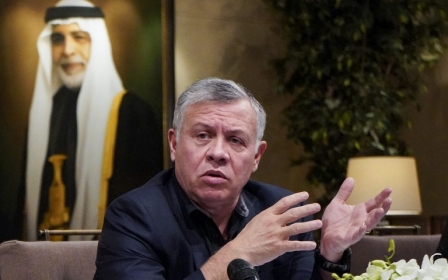Arabic press review: US steps in to avoid dispute between Iraq and the Gulf

US prevents Gulf states from retaliating against Bahrain embassy storming
A senior Iraqi official has revealed that the United States stepped in to prevent Gulf states from taking escalatory measures following the storming of the Bahraini embassy in Baghdad last week, according to the London-based newspaper al-Arabi al-Jadeed.
Iraqi protesters raided the embassy in Baghdad on Thursday to protest against Bahrain’s hosting of the US workshop on the Palestinian economy, which is believed to be the first step to initiate and implement the Trump administration’s Middle East peace project.
The Iraqi official told al-Arabi al-Jadeed that Bahrain's foreign minister, Khalid bin Ahmed al-Khalifa, wanted the UAE and Saudi Arabia to stand in solidarity with his country regarding the embassy crisis.
Khalifa wanted the Gulf states to publicly state they were against reducing diplomatic presence in Baghdad, the source said.
New MEE newsletter: Jerusalem Dispatch
Sign up to get the latest insights and analysis on Israel-Palestine, alongside Turkey Unpacked and other MEE newsletters
According to the official, "the Americans helped ease the diplomatic crisis between Iraq and the three countries".
He stressed that Iraqi officials "were intelligent enough to contact Manama after the incident, clarify their position and express their regret with regard to the incident".
In a statement issued on Sunday evening, the Iraqi authorities pledged to protect diplomatic missions and headquarters, and prevent any attack against them.
"Strict security measures will be taken in the vicinity of embassies in the capital Baghdad," the Iraqi authorities said.
Palestine 'no longer Arab affair,' says Kuwaiti editor
The editor of a Kuwaiti newspaper has attracted controversy by saying that the Palestinian issue “is no longer an Arab affair” and that “no one should be ashamed of its relations with Israel”.
"Israel is a state that exists regardless of what caused it," Ahmed al-Jarallah, editor of al-Seyassah, said in a tweet.
"Who are we fooling? We are paying money to the Palestinian authorities, but they respond with insults and rudeness," he added.
"Worshipping Palestine is no longer a popular Arab thing."
Jordanian MP speaks up about UAE ban
Jordanian MP Huda Etoom has revealed to Jordanian newspaper Assabeel fresh details about her failure to enter the United Arab Emirates, denying the official UAE line that an "individual error" made by an employee at Abu Dhabi airport stopped her from entering.
Etoom said she was surprised when she was told to leave as soon as she entered the airport.
When the Jordanian embassy and the accompanying delegation intervened, they were informed that "there are superior official orders denying everyone the right to intervene in the matter, without justification," Assabeel reported.
Etoom noted that "the Jordanian embassy has exerted great efforts to help me join the Jordanian delegation at the hotel, but the response of the security forces was decisive, declaring that there are superior orders and they must be implemented and any discussion is strictly prohibited".
The MP is a member of the Reform bloc, which represents the Muslim Brotherhood in the parliament.
Etoom denounced the decision, saying that it was issued because she was a member of the Reform bloc and considered the ban interference in domestic Jordanian affairs.
She also stressed her role as representative of the Jordanian people who elected her, adding that harassing her as an MP means disrespecting the choices of voters.
Jordanian foreign ministry spokesman Sufian al-Qudah said the UAE had claimed Etoom was denied entry due to "technical reasons” related to a failure in reading her passport.
Middle East Eye delivers independent and unrivalled coverage and analysis of the Middle East, North Africa and beyond. To learn more about republishing this content and the associated fees, please fill out this form. More about MEE can be found here.




